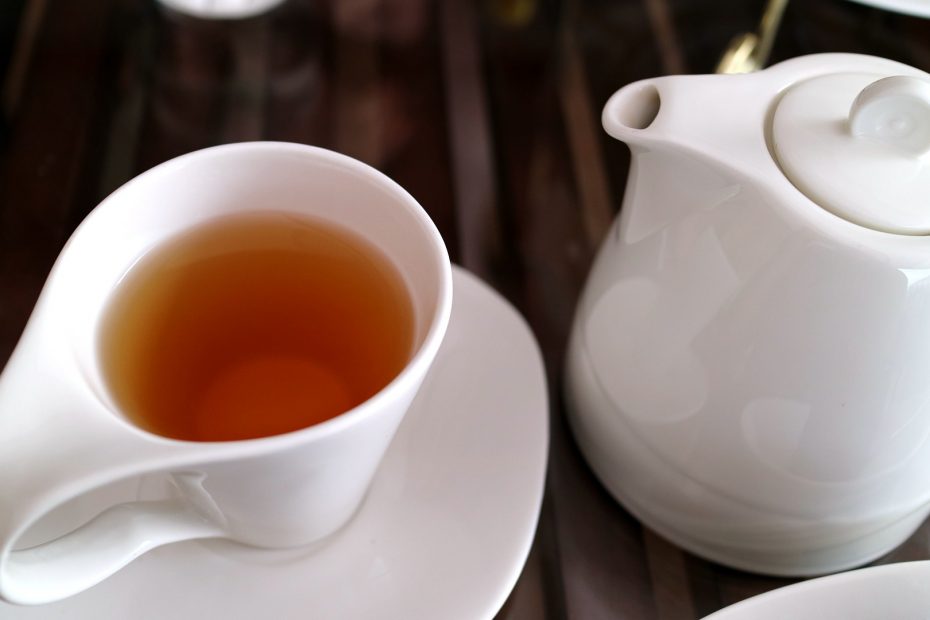Origin Of The Word Tea
The Chinese character 茶 chá, or “tea,” is the evolution of the Chinese character 荼 tú that originally had the meaning of “bitter edible plant.” It was during the Tang Dynasty (618-907 A.D.) that the Chinese pronunciation for the word tea changed from tú to the current chá but the character remained written the same. According to some scholars, the current character 茶 chá emerged during the reign of Emperor Xian Zong (805-820 AD) of the Tang Dynasty. It is assumed that with the development of tea production and trade more and more people began to make daily use of tea, and thus more and more people found themselves having to write the word tea. It is likely, therefore, that some writers began to eliminate a stroke of the tú character giving rise to the present ideogram 荼 → 茶.
Dialects
China is a country in which so many dialects coexist and tea is called in different ways depending on the area you are in, let’s look at some examples:
– Guandong Province.
Guangzhou city: tea is called chá
Shantou City: it is called tea
– Fujian Province.
City of Fuzhou: tea is pronounced tá
City of Xiamen: it is pronounced tea
– In the area along the Yangzi River and in northern China, additional different names such as chái, zhou, chá can be found.
The Word Tea In The World
The names of tea in the world thus derive from China: some come from the Chinese name chá while others from the Xiamen dialect name in Fujian tea or tey. Chá spread more among countries geographically close to China.
During the late Ming Dynasty (1368-1644 AD) and early Qing Dynasty (1644-1911 AD) several Western fleets established bases along the Chinese coast near Xiamen and adopted the name tea, which was pronounced “tee” in English and “thea” in Latin, however. The English “tee” later became what we all know as “tea.”
What is tea called in the world today?
Here are some examples:
- French: Thé
- German: Tee
- Dutch: Thee
- Italian: Te
- Spanish: Té
- Portuguese: Chá
- Greek: τσάι (Tsái)
- Hindi: चाय (Chaay)
- Russian: чай (Chay)
- Arabic: شاي (Shay)
